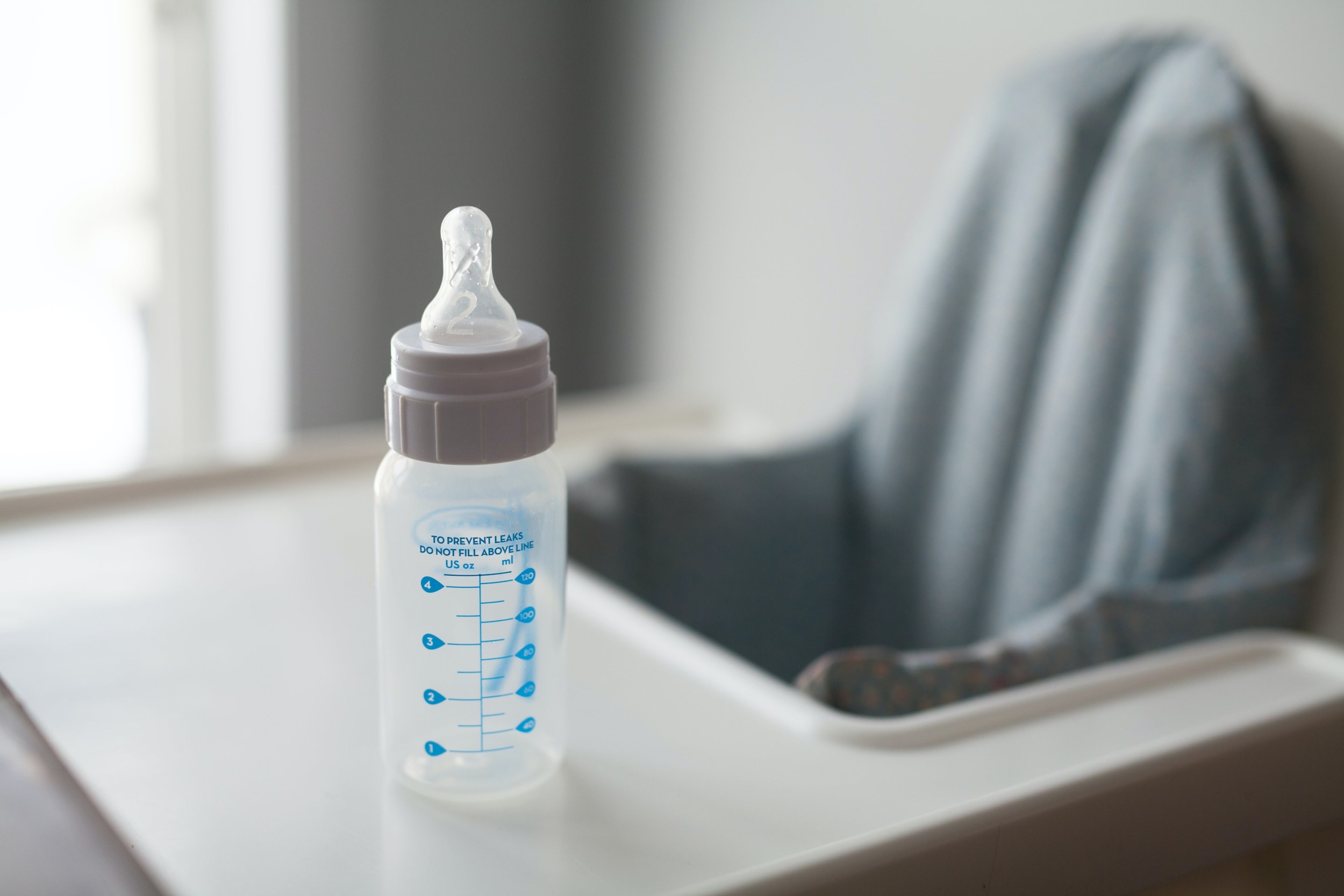Do I need to wean the breast or the bottle after my baby turns 1?

As you approach your baby’s first birthday, you may wonder if you need to wean from breastfeeding. Your elders or friends or even paediatrician may suggest that you have done it for long enough and now it is, at best, not of much value and, at worst, a bad habit you will never get rid off.
Well, we already know that nursing to sleep (or nursing in general) is not a bad habit and is, in fact, the biological norm. WHO recommends breastfeeding for a minimum of 2 years. Anthropologist Katherine Dettwyler has argued that the natural age of weaning for human babies is between 3 and 5 years by looking at various “life-history” variables (such as length of gestation, birth weight, growth rate, age at sexual maturity, age at eruption of teeth, life span, etc.) in primates and correlating them with their age of weaning, and then extrapolating that to humans.
The second year of life is actually FULL of milestones, regressions and tough phases. There are clear regressions at 16 months, 18 months, 21 months and 24 months. In fact, toddler sleep is a whole different ballgame from infant sleep. Breastfeeding can be a life-saver during these tough phases.
Breastmilk also continues to provide nutrition and antibodies in the second year of life and beyond. In the second year (12-23 months), 448 mL of breastmilk provides:
- 29% of energy requirements
- 43% of protein requirements
- 36% of calcium requirements
- 75% of vitamin A requirements
- 76% of folate requirements
- 94% of vitamin B12 requirements
- 60% of vitamin C requirements
— Dewey 2001
Breastfeeding is an invaluable sleep tool and can see you through regressions, teething, illness and regular wakings with minimal fuss. It is also a wonderful parenting tool in general and can be a source of connection, emotional regulation, comfort and so much more in your relationship with your child. In general, the benefits of breastfeeding to natural term – or when baby weans naturally – far outweigh the costs, if any.
As far as bottles go, the American Academy of Paediatrics recommends weaning them by the age of 18 months. There are organizations that recommend weaning at 12 months. This encompasses bottles containing all kinds of milk – human, animal or formula. Bottles do cause pooling of milk in the mouth and can cause tooth decay if used at night. Bottles can also cause dental issues like overbite or teeth protrusion. They have been linked with respiratory risks as well. However, weaning bottles needs to be approached with a lot of care and empathy. As we know, children do have a natural suckling instinct which they would naturally outgrow sometime between 3 and 7 years. Breastfed babies do not need to be deprived of it but bottle-fed babies do, which is immensely unfair to the babies. Therefore, bottle weaning should not be harsh or abrupt. It should be done over several months with a progressive transition to cups. Milk consumed at night from a bottle can be diluted with water very, very gradually – like 10 ml every two weeks – so that baby’s body gets used to taking in those calories during the day and also accustomed to consuming water instead of milk at night.
